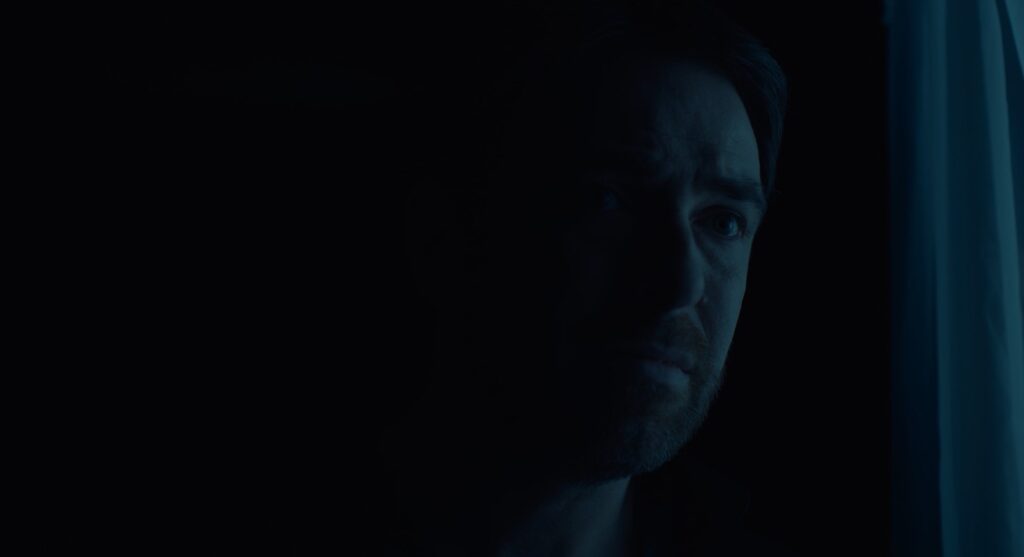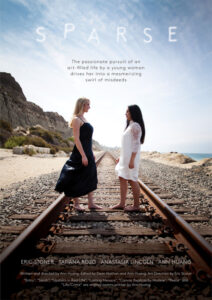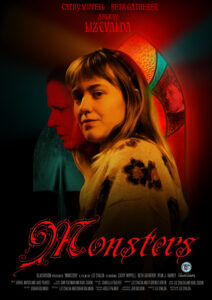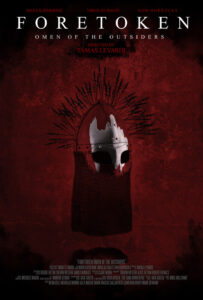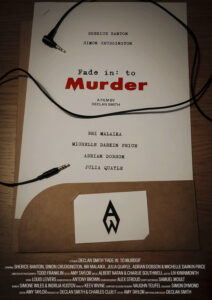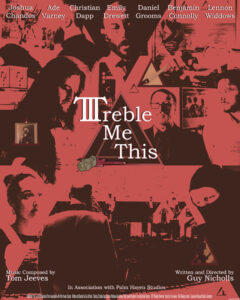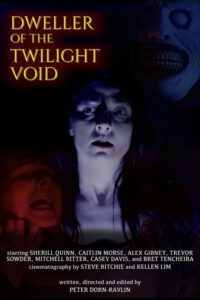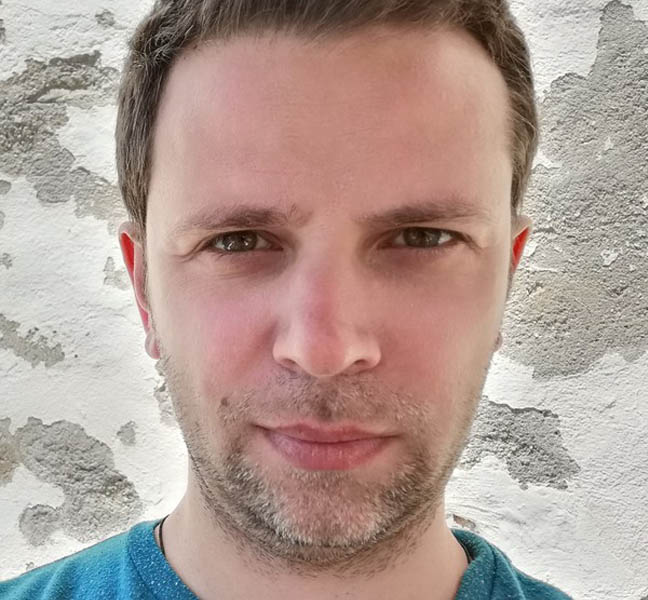
Evgeny Vedrov
Hello Evgeny and Thank you for granting us this interview
[MIS] When did you decide to become a filmmaker?
[Evgeny] Not as long ago as I wish it was. I’m better at visual thinking – I usually think in pictures (images). Therefore, I have always been keen on cinema. But it was only a year and a half ago when I came across an acquaintance of mine who worked in the world of cinematography and it occurred to me that it might already be worth trying my hand as a film director. That’s how it all began. I made my first film less than a year ago, a horror film named Son of a Human Being that was shortlisted for your festival which I greatly appreciate. Besides, I have just finished a documentary called Viva la Covid.
[MIS] Films inspired you to become a filmmaker?
[Evgeny] I love the dynamics and drama of Quentin Tarantino’s movies. Each of his films is a world of itself. Similar ‘worlds’, only mystical and mysterious, were created by David Lynch who is number two in my rating of film directors, with such films as, above all, Reservoir Dogs and Mulholland Drive. As to documentaries, I would like to mention Hey Bro directed by Alexander Elkan.
[MIS] Viva la Covid is three days in the life of a waitress on the eve of a lockdown. Why did you want to tell this specific story?
[Evgeny] The pandemic and related restrictions have been covered more than enough. However, the life of an individual facing the situation was hardly ever scrutinized on TV newsreels or social media, while for most people losing their job is a huge blow. My heroine is an ordinary waitress struggling to make her living under lockdown who can only make ends meet thanks to the resourcefulness of the bar management.
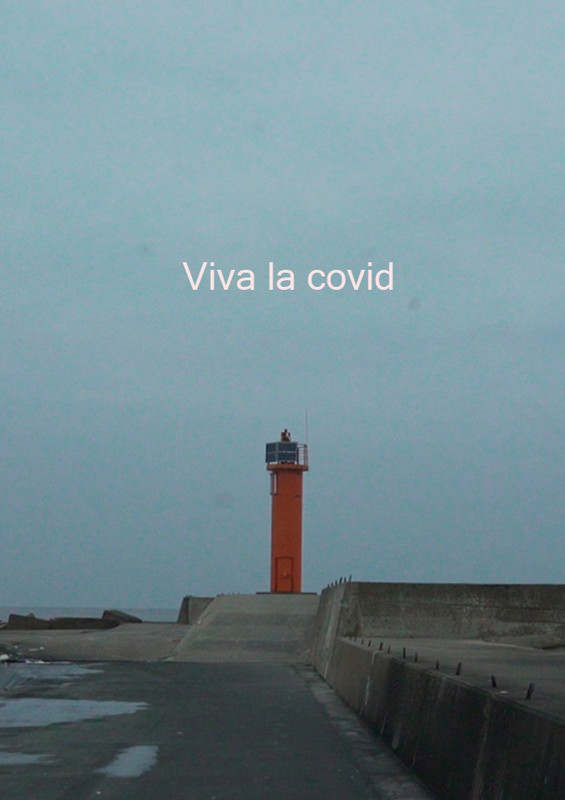
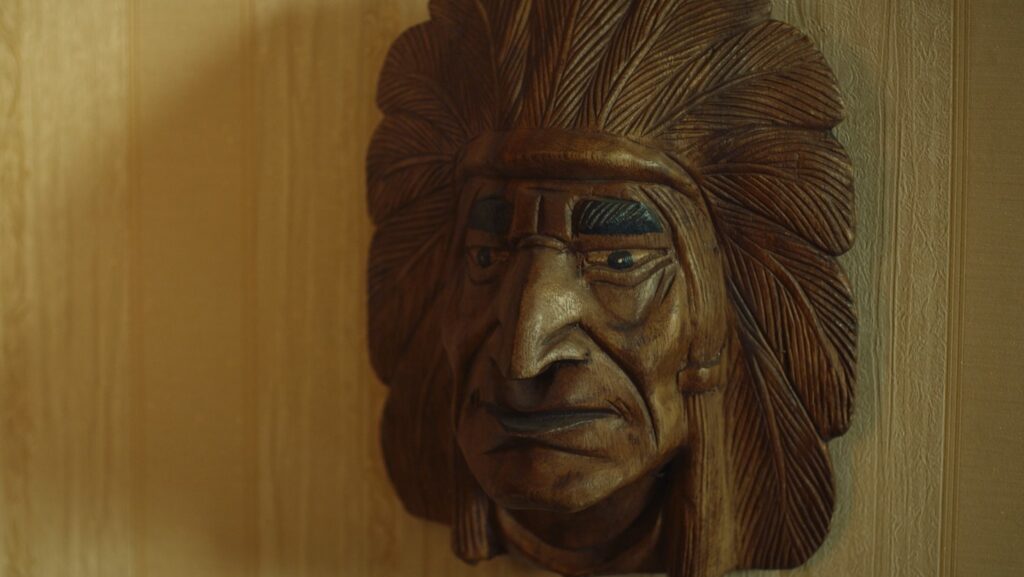
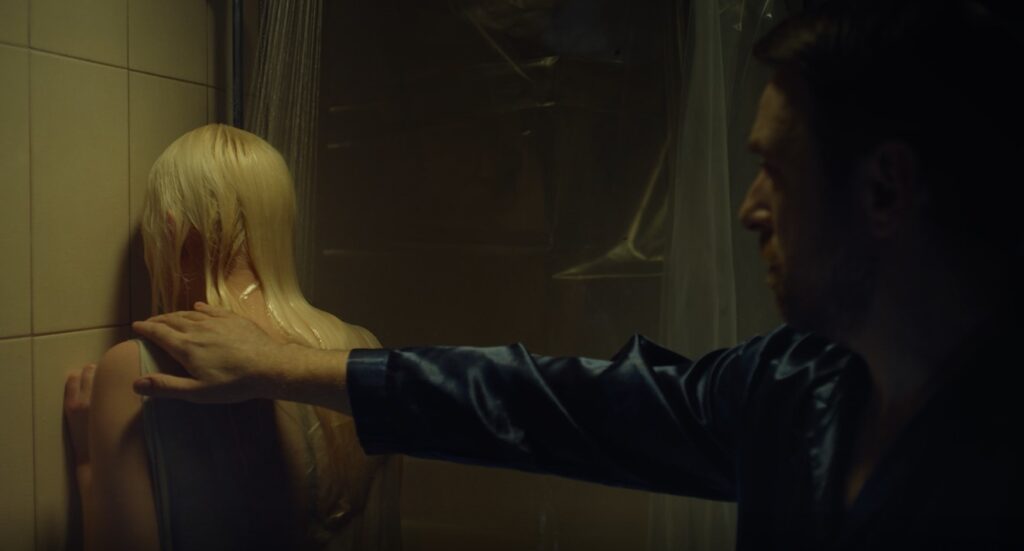
[MIS] What issues did you encounter during the making of “Viva la Covid”?
[Evgeny] In a documentary, everything depends on the main character. Even the director depends entirely on him. And if the main character does not want to be filmed at a certain moment, even though these are very important moments for the drama of the film, you have to turn off the camera. Perhaps this is not a problem but the specifics of a documentary film with a hero. Otherwise, there were no problems. What matters is a spare battery for the camera and a memory card.
[MIS] From where did you get inspired in writing your shorts?
[Evgeny] For me, writing short films is mental and spiritual therapy. In my mind, I see scenes and I feel the need to free myself from them by putting them on paper. A second task is to tie these scenes together in a single dramatic line.
[MIS] What did you enjoy mostly in directing “Son of a human being”?
[Evgeny] It’s the atmosphere on the site. During the filming of some scenes, a sense of reality was created. You feel as if you are a witness of the events you are filming. Some other members of the crew told me they felt the same. That was some sort of magic coming from nowhere and enveloping our team. That was amazing!
[MIS] What makes you a horror genre fan?
[Evgeny] It’s the acuteness of feelings I experience when watching or making horror movies. This is a unique feeling that rarely occurs in our everyday life. It’s like riding a roller coaster while watching TV.
[MIS] Between Documentary making and Fiction/Horror Short Film, where do you find yourself more comfortable?
[Evgeny] Documentary making is a separate fascinating world, so attractive that sometimes you think ‘Shouldn’t you dedicate your life to it?’ But I’m still a fan of feature films. And just like any fiction film director seeking to develop his skills, I understand the importance of making documentaries in order to feel the connection with reality, to feel the pulse of real life. Such experience may be very helpful in making fiction films.
[MIS] What do you consider the elements that produce a successful film?
[Evgeny] To answer this question, one must first define what a successful film is. Is it a film that is successful at festivals or is it a film in demand by an audience? For me, a successful film is a film for an audience. Therefore, it must have all elements that help to establish and maintain a connection with the viewer. First of all, there must be a time flow in the film. The viewer then becomes a party to the plot and is synchronized with the timing of the film. It is a complicated and exciting task. Time is the main element.
[MIS] As the coronavirus pandemic brought the world to a standstill, how do you think filmmaking has changed?
[Evgeny] Actually, I don’t think it has changed at all. It’s just that filmmakers seem to have gone into a ‘standby mode’, and are communicating with each other over the Internet. Online pitches and online festivals become more and more popular. And there is a higher demand for serials to be watched at home over the Internet. However, as soon as the pandemic is over, filmmaking, in its widest meaning, will be back on its feet again.
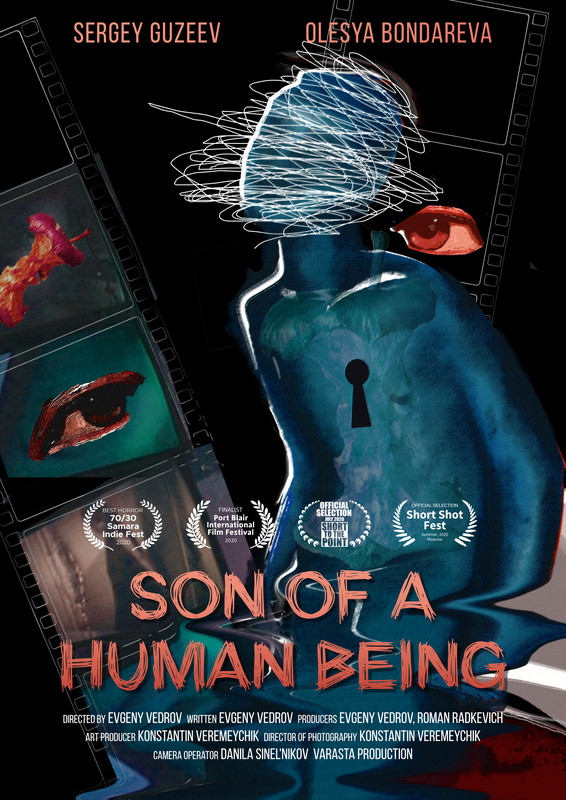
[MIS] What are your next projects?
[Evgeny] I plan to shoot two or three short thrillers or horrors, which, of course, will be sent to your amazing festival. Then I will go ahead with a short drama. Drama is an indicator of any film director’s skills. I am already writing a drama script.
[MIS] Any final thoughts at the end of this interview?
[Evgeny] I really appreciate your kind attention and invitation to this interview, all the more so because answering these questions helps me structure my thoughts and sketch out plans. I wish every success to your wonderful festival and invite all directors and filmmakers to cast aside their doubts and go on making more and more films.
